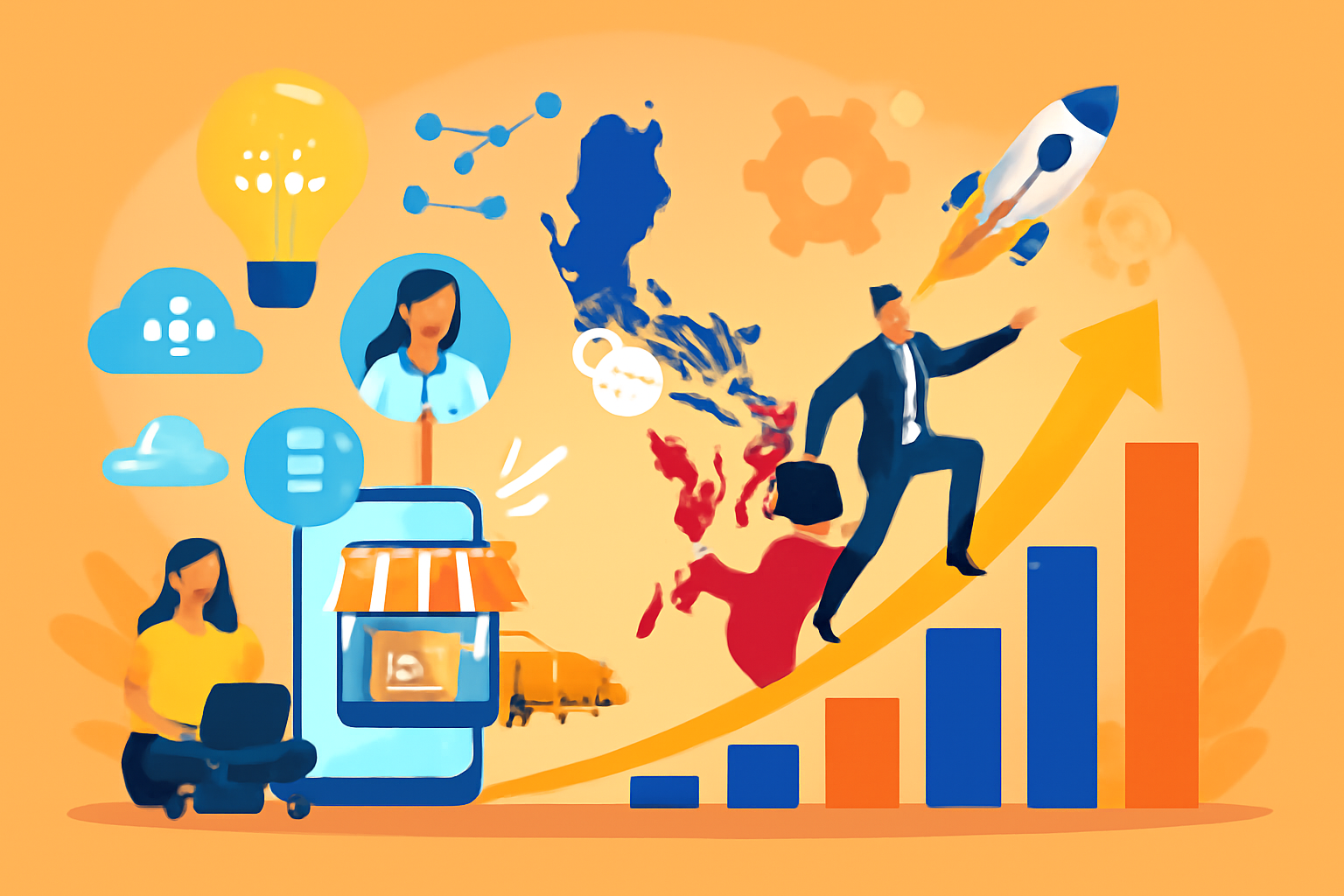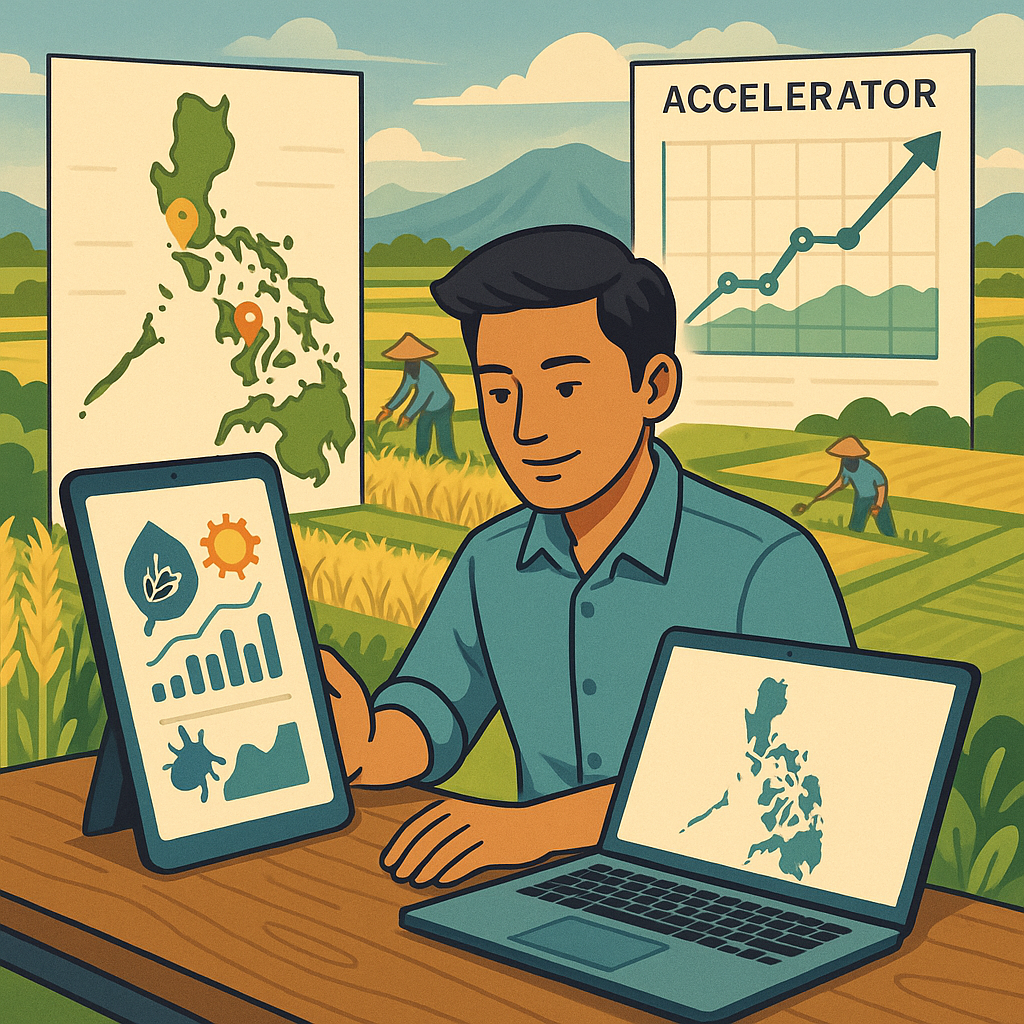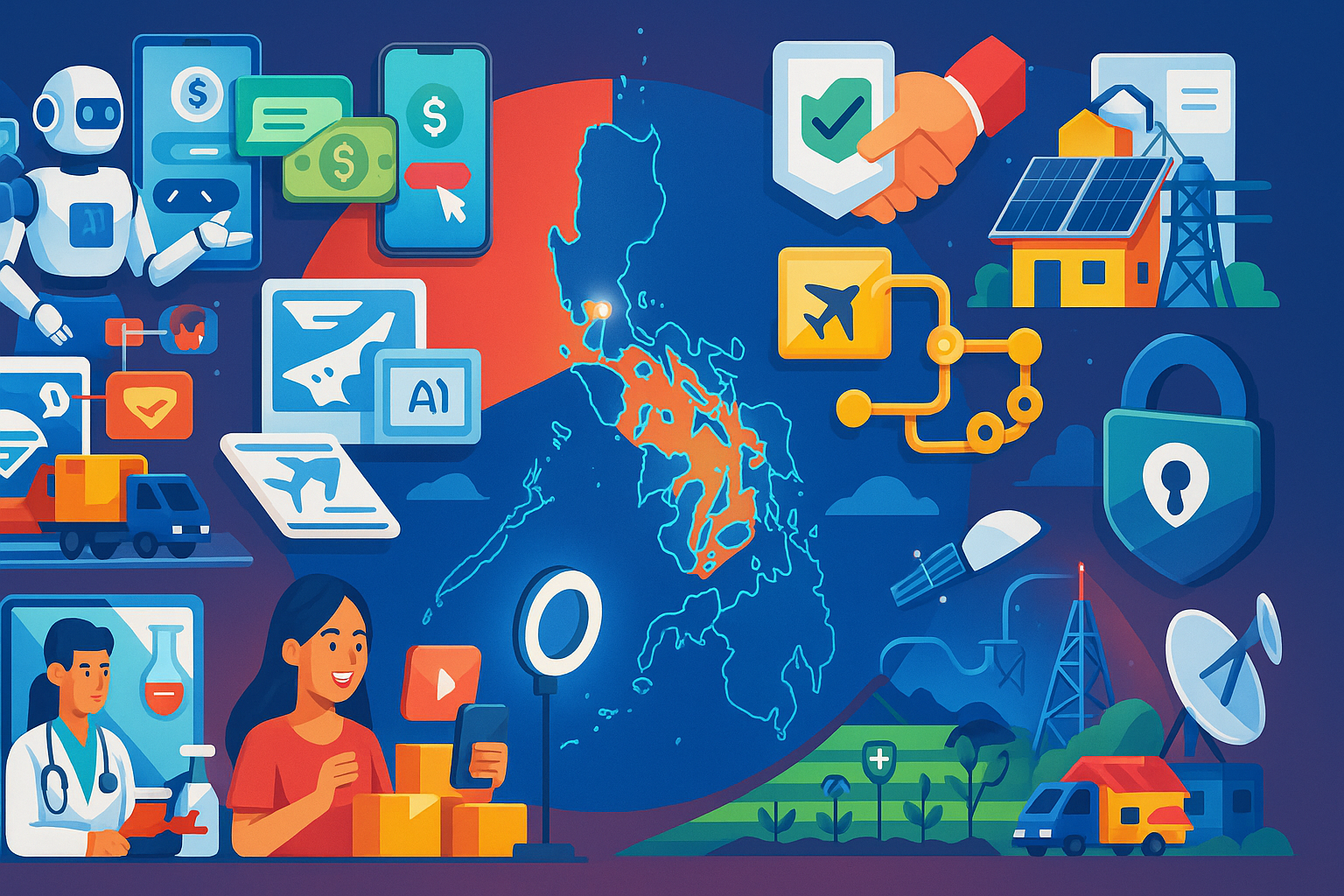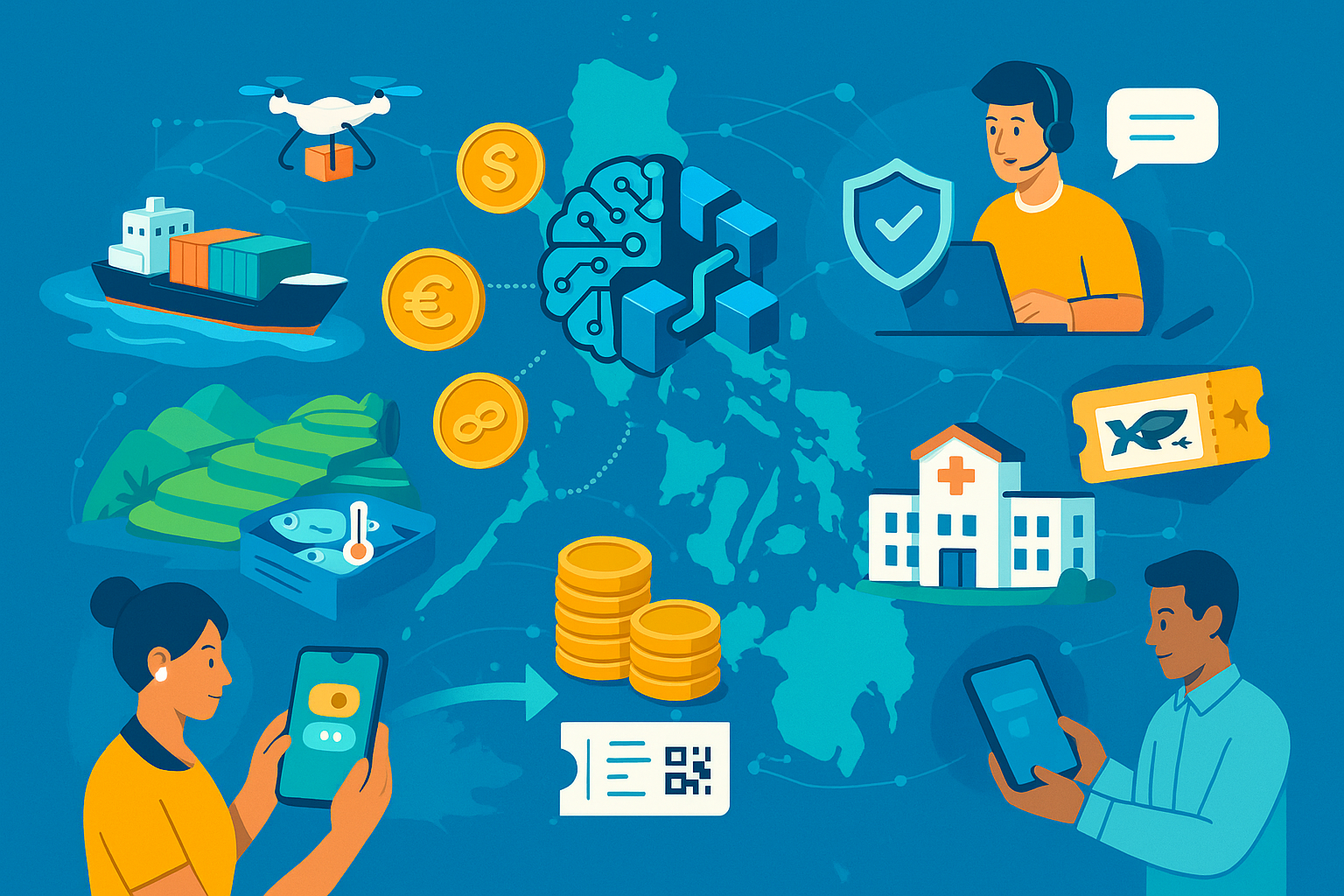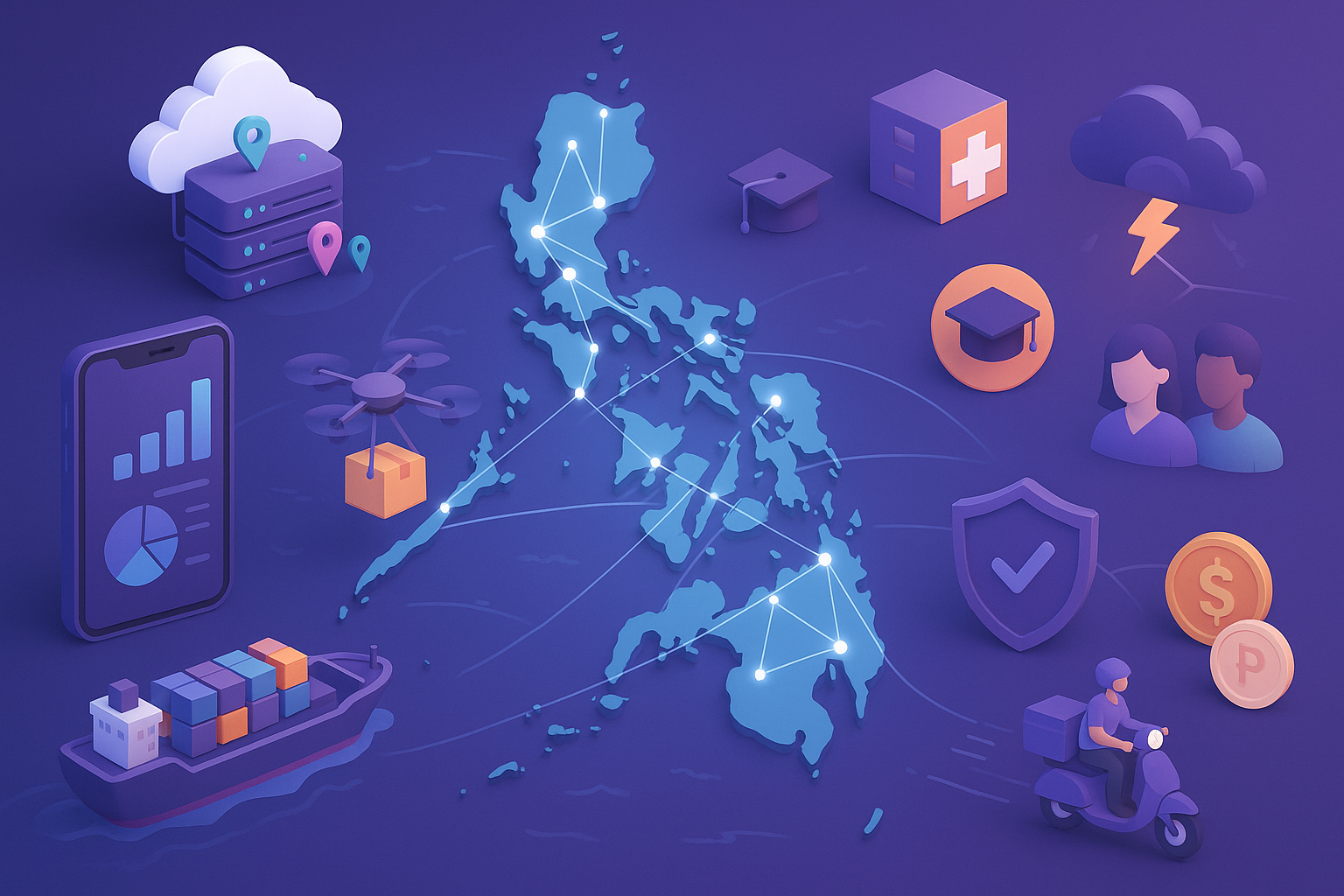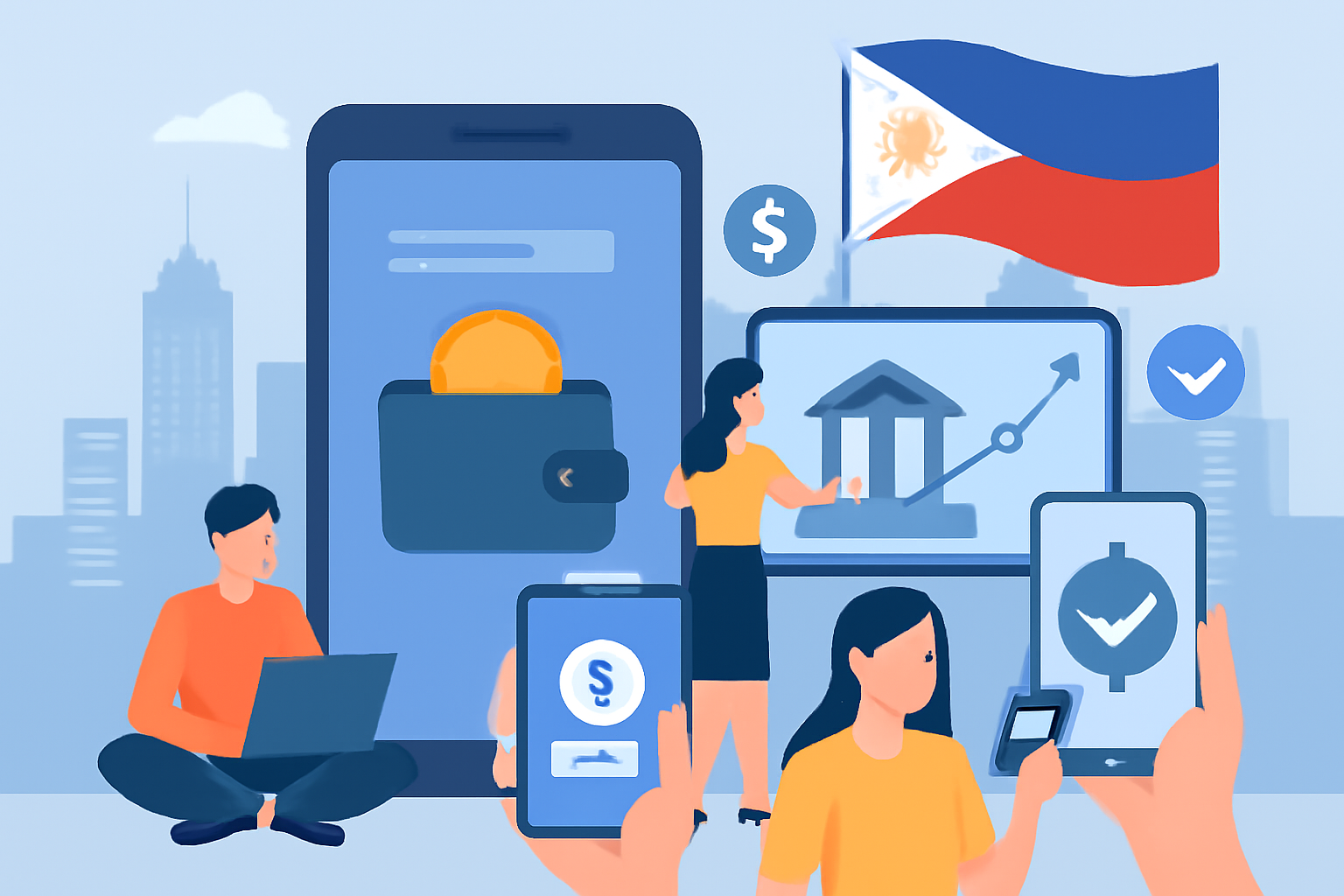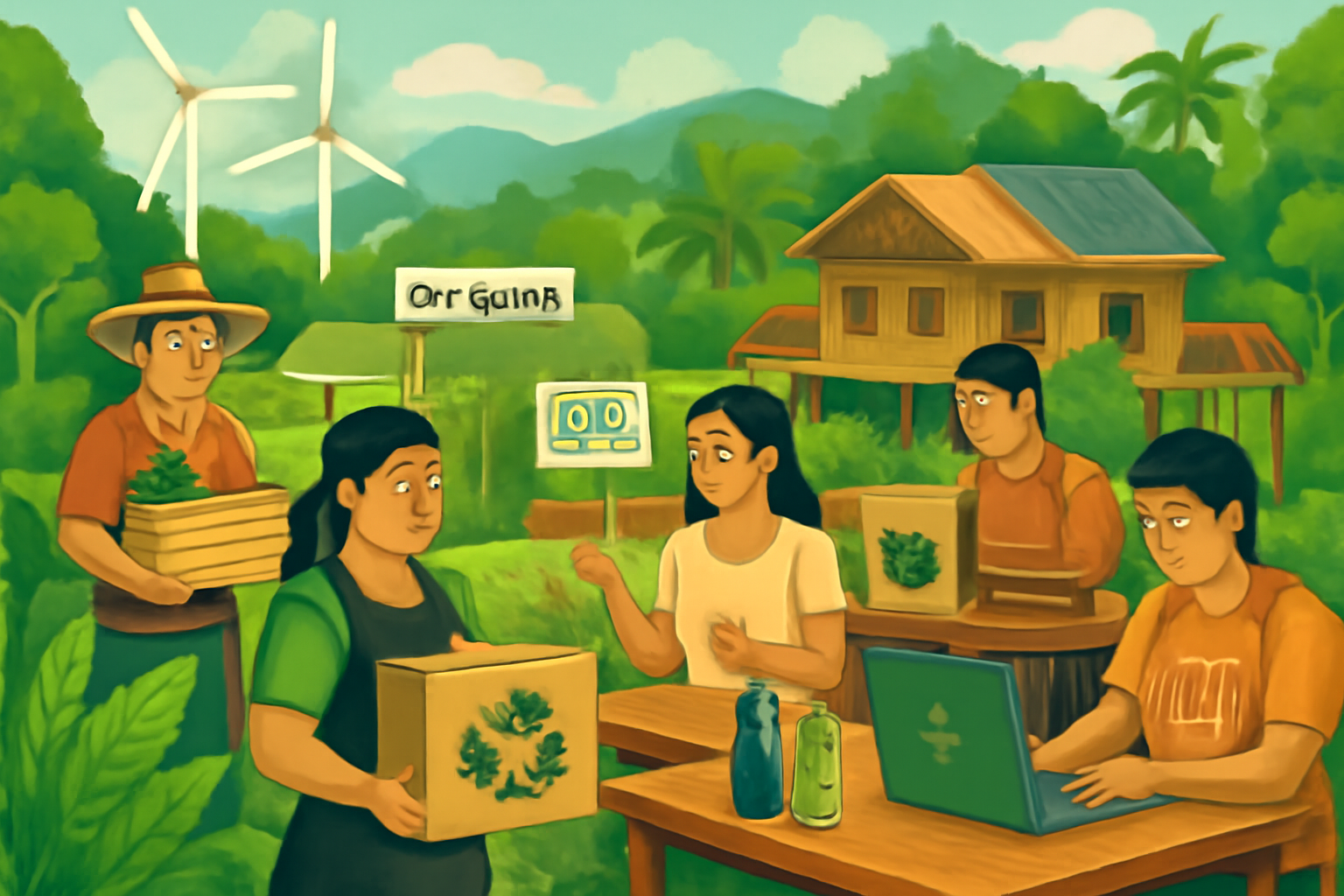The Philippines has emerged as one of the fastest-growing markets in Southeast Asia, offering an abundant pool of opportunities for technology startups. With a population of over 113 million and an increasingly tech-savvy young workforce, the country is seen as a thriving ecosystem for innovation. In recent years, many entrepreneurs have capitalized on this fertile ground to develop solutions that address the unique needs of the Filipino market while also attracting international attention.
One of the most significant areas of growth in the Philippine technology sector is in fintech (financial technology). With a large unbanked population, fintech startups are working to provide accessible financial services. Startups like PayMaya and GCash have revolutionized the way Filipinos conduct digital transactions, from mobile payments to financial literacy. These innovations have not only bridged the gap in financial inclusion but also introduced new business models that cater to the unbanked.
Another emerging sector is health tech, which has gained immense traction due to the increasing demand for accessible and affordable healthcare. Companies such as Medgrocer and HealthNow are redefining how Filipinos interact with healthcare services, offering everything from telemedicine consultations to digital pharmacy services. These startups play a vital role in improving healthcare delivery, especially in rural areas, where medical facilities are limited.
Moreover, the rapid digitization of industries has also fostered growth in e-commerce, logistics, and enterprise solutions. Platforms such as Lazada and Shopee have experienced exponential growth, not only during the pandemic but also in its aftermath, as online shopping becomes a mainstay of everyday life. This trend offers immense potential for new startups that aim to build more efficient solutions for delivery and logistics in a fast-paced digital marketplace.
The Philippine government has recognized the importance of fostering innovation and has implemented several policies to support startups. The Department of Information and Communications Technology (DICT) and various government programs have provided grants, training, and funding options for entrepreneurs. These efforts aim to ensure that startups can thrive, scale, and contribute to the local economy.
However, despite the positive momentum, there are still several challenges that startups must navigate. These include access to funding, regulatory barriers, and a fragmented infrastructure. Still, with a robust startup community and increasing global interest, the future of technology entrepreneurship in the Philippines looks bright.
In conclusion, the Philippines is an exciting and dynamic hub for technology startups. Entrepreneurs have the chance to make a significant impact in sectors such as fintech, health tech, e-commerce, and more. As long as the country continues to embrace innovation, the opportunities for growth and success will continue to expand.

